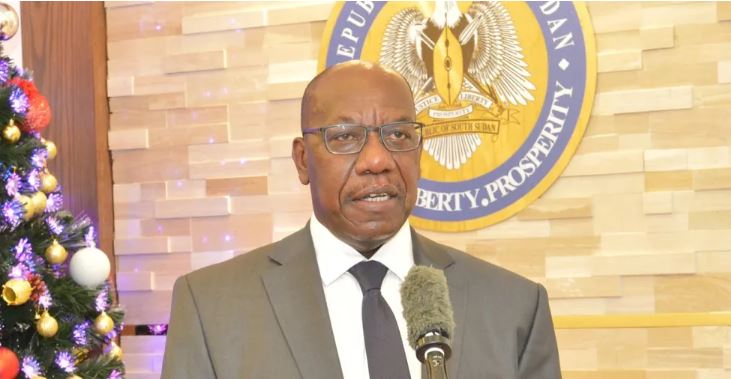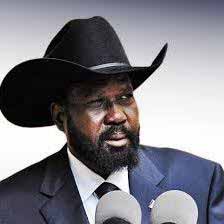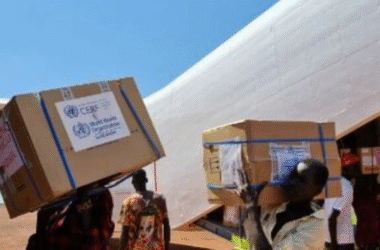By Mamer Abraham
Reconstituted Joint Monitoring and Evaluation Commission (RJMEC) decries sluggish implementation of key tasks South Sudan’s revitalized peace agreement.
RJMEC interim Chairperson, Charles Tai Gituai made the observation while giving quarterly report to the national Assembly, in Juba.
He said that parties to the agreement lack commitment to accomplish the benchmarks for conduct of credible elections slated for December, next year.
“Overall, tasks related to the permanent constitution-making and electoral processes have stalled. And critical benchmarks outlined in the roadmap are yet to be implemented,” Gituai stated.
Mr. Gituai noted that unification of forces, a permanent constitution, the enactment and operationalization of legal frameworks, and preparation for elections were unaccomplished, yet essential.
He analyzed that commitment of resources; political will, trust and confidence were prerequisites to fulfill the impending tasks.
“In this regard, it is critical to underscore the need for sufficient political will and commitment of resources by the RTGoNU and for the parties to the agreement to build trust and confidence,” he stressed,
The RJMEC chief also requested the parties to the agreement to submit lists of their nominees to constitution-making bodies.
He called for satisfactory delivery of services to the citizens to aid relocation, resettlement and reintegration of Internally Displaced Persons and returnees.
Mr. Gituai recommended for establishment of Special Reconstruction Fund Board to prepare a way for South Sudan Pledging Conference.
The RJMEC boss further called on the parliament to expedite enactment of the National Elections Bill, the National Security Service Bill, and the Public Finance Management Bill.
Attempts to reach the government spokesperson, Michael Makuei Lueth, for a comment were unsuccessful.
Election bill
Last month, the Revitalized Transitional National Legislative Assembly (R-TNLA) passed the National Elections Bill 2023 to its third reading with an emphasis on democracy.
James Mabor Gatkuoth, the chairperson of the specialized committee on legislation, said the bill would create a conducive environment for conducting elections.
Mabor argued that the bill was not specific on the participation of internally displaced persons (IDPs) and persons with disabilities (PWDs) in the elections.
He noted that Section 35 of the amended bill gives a provision for South Sudanese to vote abroad with an independent electoral commission that will handle such elections.
Late last month, South Africa’s deputy President, Paul Mashatile in a meeting with the first vice president, Dr. Riek Machar Teny, pledged his government’s support to the electoral process.
However, Dr. Machar briefed the visiting delegation on the progress and challenges facing the implementation of the revitalized agreement and the prerequisites for conducting credible elections in South Sudan.
In August 2022, parties to the agreement extended the transitional period by 24 months. This means that the elections will be conducted in December 2024, and the transitional period will end in February 2025.



